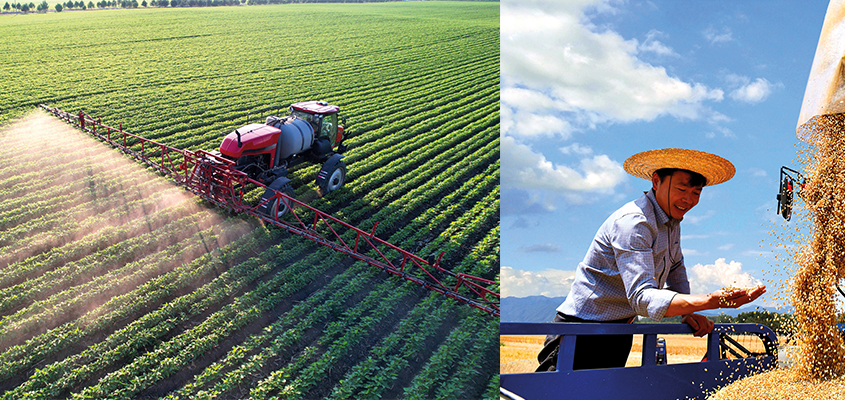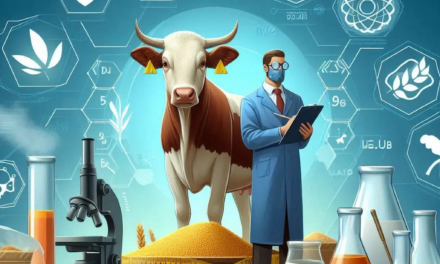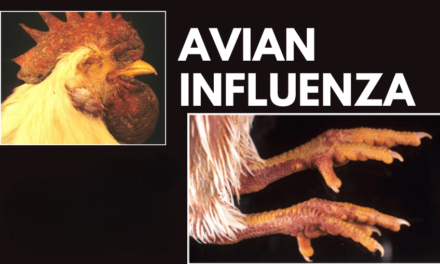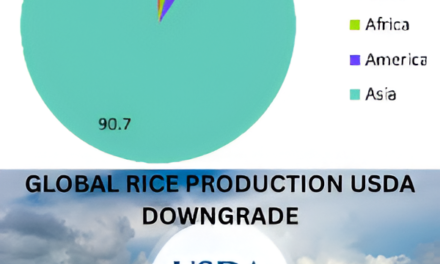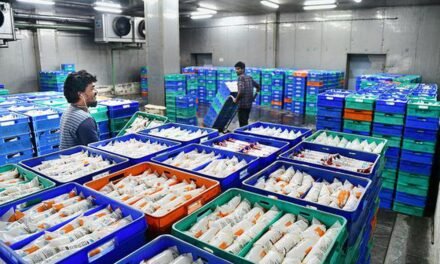China has announced a renewed commitment to modernizing its agricultural sector as part of a strategic effort to stabilize grain output and ensure food security for its massive population. The initiative focuses on equipping farms with advanced technologies, including smart machinery, precision farming tools, and automated irrigation systems, to boost productivity and mitigate the challenges posed by climate change and labor shortages.
The Chinese government is prioritizing the development of high-yield crop varieties, expanding farmland protection programs, and improving post-harvest storage facilities to reduce grain losses. Special attention is being given to enhancing the resilience of rural infrastructure, such as drainage systems and irrigation networks, which are vital for maintaining stable yields in the face of unpredictable weather patterns.
Additionally, China is promoting digital agriculture, incorporating AI, drones, and IoT-enabled devices to monitor crop health, optimize resource use, and increase efficiency. The modernization drive is part of China’s broader strategy to reduce dependency on grain imports and maintain self-sufficiency in staple crops like rice, wheat, and corn.
By implementing these measures, China aims to meet its annual grain production target of over 650 million tons, ensuring a stable domestic supply and contributing to global food security. This pledge reflects the government’s determination to balance rural development with technological progress, creating a more sustainable and robust agricultural sector for the future.

